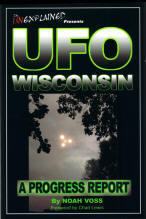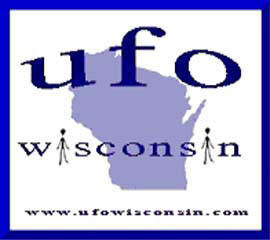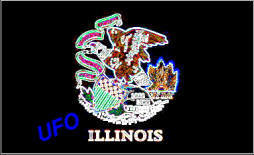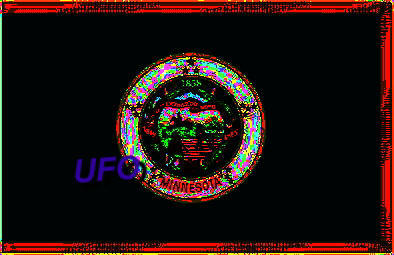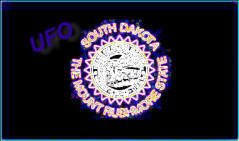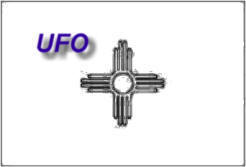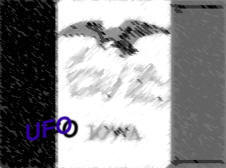GetGhostGear.com
- Ghost
Hunting Gear, Tools and Equipment
For Sale!
|
||
|
|
Page 2 Paranormal Investigating Equipment 102Visit the Get Ghost Gear store of over 100 ghost hunting tools!Opinion Editorial by Noah VossContinued from Paranormal Investigating Equipment 102 page 1
Very specifically I make great
efforts to avoid terminology that requires qualifying such as orbs,
ghosts, haunted, and or werewolf. For starters these words have
many different meanings to many different people. So to does
"ghost hunting." In addition to
that confusion there could be a debatable argument made that none of
these terms are used to describe known and widely agreed upon 'Fairy Rings', or 'Elf Circles'. Photography by Noah Voss. If we are to tighten up our semantics then perhaps wordage such as "orb" can now be photographic anomaly, "ghosts" are now unexplained events, "haunted" can be unexplained occurrences perceived to be focused around a single location, and "werewolf" could be a large unidentified cryptid. I don't mean to say that you should be interpreting what someone is saying when they use words like orb and ghosts. Rather that when you are speaking about situations you may have investigated, use the terms describing only what was experienced, not what you used your subjective past to interpret the events as. You are no longer going on a "ghost hunt" you are going to be following up on reports of paranormal phenomena. Even that is still a bit vague and could be tightened up by saying we will be looking to identify the sources of unexplained occurrences. That is what we are doing here, is it not? If you are out there looking to prove or disprove that ghosts exist, you are in whole looking to substantiate your belief system. That is not science, and not helpful to anyone but how you maybe sleep at night. Labeling things with some of the old phrases like ghost hunting gives a predisposition for the existence of, and the belief in ghosts. It also says that you are looking for and expecting to find—ghosts. Working away from these old loose terminology will help create a reality of objectivity. Now of course this day and age, clients are going to still be using terminology such as ghosts. This should be simply noted in the written documentation, however there is a qualifiedly way to do so. When documenting this we should include the comments in quotes such as the client reported experiencing a "ghost in the corner of the living room" due to her perceived feelings of cold and uneasiness followed by what she interpreted as a "moving shadow". Notice how I qualified her statements before and after without changing the actual comments. I also didn't take sides or mean to directly imply anything other than, this is what we can logically deduce as fact from the initial interview process.
Spooky 'tree-person-monster-looking thing" on investigation. Photography by Noah Voss. The alternative could be looking at the data and either consciously or subconsciously picking only the portions of data that could help fit a predetermined outcome. This method is not science, it is substantiating your belief system in order to inaccurately prove your view point true. A view point that could quickly be shown false, if someone were to view your entire data set, or recreate the experiment.
Next Recommended Op Ed -Electromagnetic field' meter Comparison Table
Search GetGhostGear.com
Custom Search
|
|
|
More than 100 different sighting locations!
|
||
|
Your Ad Here! Contact Us Today |
||
|
Thee Paranormal Travel Adventure blog "Entertaining and Funny while remaining Frank and Informative...dare I say enlightening!"
A new adventure released each Monday! |
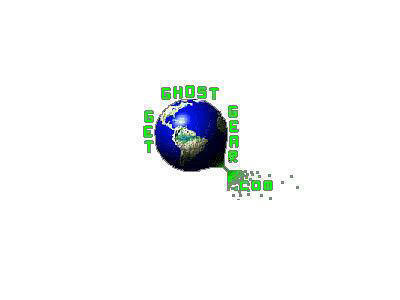
In collaboration with
www.ufoWisconsin.com www.ufoIllinois.com
www.ufoMinnesota.com www.ufoSouthDakota.com
www.ufoNewMexico.com www.ufoIowa.com all contributing endeavors to GetGhostGear.com Enterprises |
|
|
GetGhostGear.com - Ghost Hunting Gear, Tools and Equipment For Sale! |
||
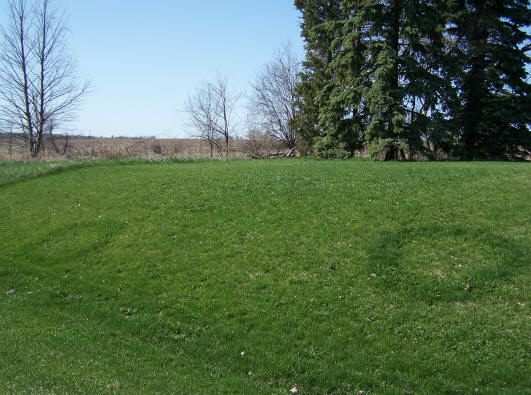 proven
facts. Even if in your mind, saying something like "I
caught an orb in a picture at a haunted house" means something
exclusively unexplained to you and nothing more, to half
the people listening it sounds like you are subscribing to "orbs" and
"haunted" as known facts. To another portion of these pretend
people in this example, orbs might mean the soul of a deceased person,
where as haunted might mean something unexplained is happening at the
home. There are so many different interpretations that can be
drawn from using semantically loose terms. Let's tighten it up a
bit then.
proven
facts. Even if in your mind, saying something like "I
caught an orb in a picture at a haunted house" means something
exclusively unexplained to you and nothing more, to half
the people listening it sounds like you are subscribing to "orbs" and
"haunted" as known facts. To another portion of these pretend
people in this example, orbs might mean the soul of a deceased person,
where as haunted might mean something unexplained is happening at the
home. There are so many different interpretations that can be
drawn from using semantically loose terms. Let's tighten it up a
bit then. 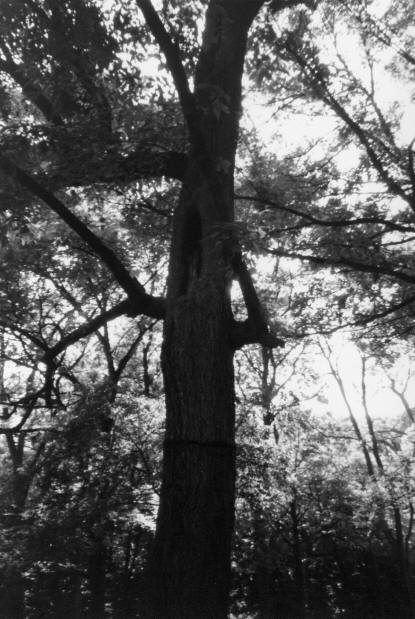 We ended the
We ended the 
